Nigeria and Global Politics: A Snapshot of October 2025
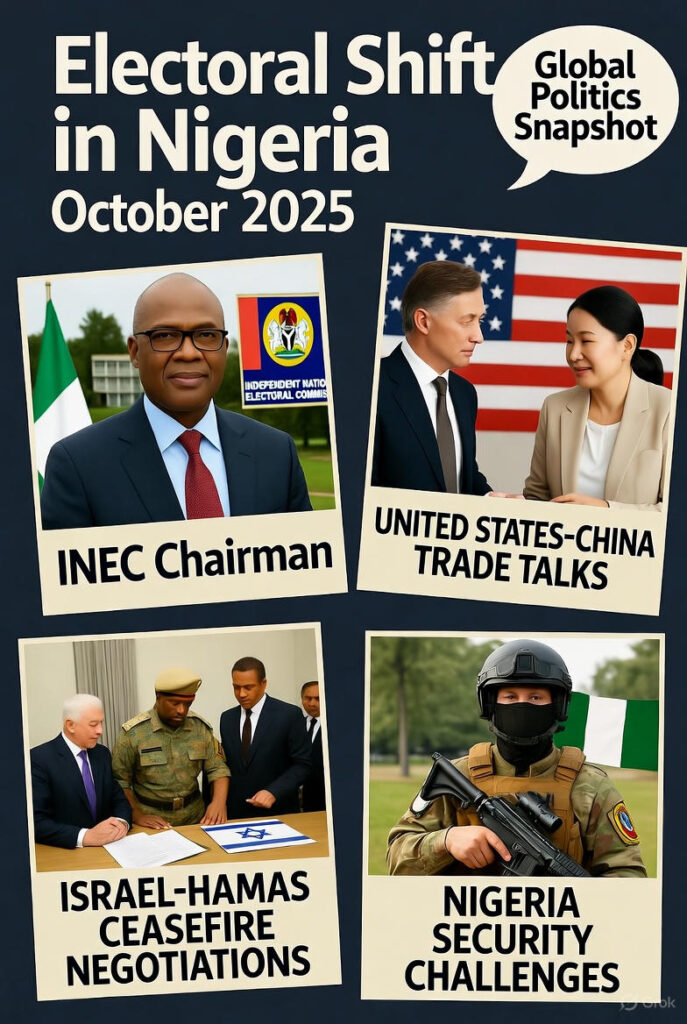
As the world navigates a complex political landscape, Nigeria stands at a critical juncture with electoral shifts, security challenges, and economic reforms dominating headlines. Globally, fragile ceasefires, youth-driven protests, and trade realignments are shaping the future. Here’s a dive into the latest political developments.
Nigeria: Elections, Defections, and Security Struggles
Nigeria’s political scene is electric as the nation gears up for key elections and grapples with persistent insecurity and economic pressures.
Electoral Moves and Party Dynamics
President Bola Tinubu has nominated Prof. Joash Amupitan as the new INEC Chairman, awaiting Senate confirmation, signaling a push for electoral credibility ahead of the 2027 general elections. The Independent National Electoral Commission (INEC) has reaffirmed its commitment to the Anambra 2025 election timetable, dismissing calls to shift the 2027 polls to November 2026, a move the African Democratic Congress (ADC) warns could undermine democracy. Meanwhile, the Peoples Democratic Party (PDP) is in turmoil as stakeholders clash over nominations for its November 15-16 national convention in Ibadan, with former Minister Kabiru Turaki vying for National Chairman.
Party lines are shifting rapidly. In Kano, over 500 members of the New Nigeria Peoples Party (NNPP) defected to the ruling All Progressives Congress (APC), bolstering its northern stronghold. Speculation swirls around Bayelsa Governor Douye Diri’s potential defection to APC, though party leaders downplay instability fears. In Plateau, Governor Caleb Mutfwang revealed pressure to join APC, highlighting tensions between state and federal powers. In Ekiti, PDP aspirant Peter Obafemi is campaigning on harnessing state potential for the 2026 governorship race.
Security and Corruption Challenges
Insecurity remains a pressing issue. Islamic terrorists have destroyed 18,000 churches in 2025 alone, killing over 7,000 Christians, prompting US Representative Nancy Mace to urge Secretary Marco Rubio for international action. The Miyetti Allah Cattle Breeders Association alleges targeted killings of herders in Southern Kaduna, demanding probes into four deaths. The National Hajj Commission (NAHCON) confirmed massive corruption in Hajj operations, while the House investigates a $460 million CCTV investment that failed to curb insecurity.
Economic-Political Nexus
On the economic front, Nigeria and South Africa exited the FATF grey list for financial crimes, a win for investor confidence. The Central Bank of Nigeria (CBN) is tightening regulations on Bureau de Change operators, and Chinese firms have invested $1.3 billion in lithium since Minister Dele Alake’s tenure began. The APC has disowned a fake nationwide congress timetable circulating online, signaling efforts to maintain control over its narrative.
Social media platform X is abuzz with debates, from FIFA funds misuse for stadiums (blamed on APC) to calls for global intervention in Christian persecution, amplified by voices like @RepNancyMace.
Global Politics: Ceasefires, Youth Power, and Trade Shifts
Beyond Nigeria, the global stage is marked by delicate truces, youth activism, and economic maneuvering.
Middle East: A Fragile Ceasefire
A ceasefire between Israel and Hamas has taken effect, with Israeli troops withdrawing from parts of Gaza and 20 hostages released in exchange for 1,900 Palestinian prisoners. Hamas has regained de facto control in much of Gaza but denies long-term governance plans. Yemen’s defense minister warned of potential escalation, as Istanbul talks aim to solidify the Doha truce. Protests by hostage families continue outside Israeli PM Benjamin Netanyahu’s residence, reflecting ongoing domestic unrest.
Africa: Elections and Youth Revolt
In Cameroon, 92-year-old President Paul Biya’s disputed election victory has sparked unrest, with violence and corruption allegations fueling protests. Madagascar’s Gen Z-led demonstrations highlight a growing youth frustration with short-term political fixes, a trend echoing across the continent.
US and Trade Tensions
In the US, President Trump is reportedly considering a new Federal Reserve Chair to replace Jerome Powell, with markets anticipating looser monetary policy. US-China trade talks at APEC in Malaysia signal potential tariff reductions and relaxed rare-earth restrictions, boosting cryptocurrency markets (Bitcoin up 3.5% to $115K, Ethereum to $4,196). Trump’s ally, Pakistan’s Asim Munir, is positioning himself as a global player, while Australia ramps up defense against perceived China threats. A US military buildup in Trinidad and Tobago is raising eyebrows in Venezuela.
Asia and Beyond
BRICS nations, led by China, are pushing to reshape the global order, particularly in critical minerals. Japan’s KMT chair race and defense talks between Takaichi and Trump are drawing attention, while the UN Convention on Cybercrime, signed in Hanoi, aims to tackle transnational networks. The Economist notes “stable yet underwhelming” global growth forecasts, with tariffs and AI adding volatility.
The Bigger Picture
From Nigeria’s electoral chessboard to global ceasefire efforts, 2025 is proving to be a year of high stakes. Gen Z is emerging as a political force, demanding accountability from Lagos to Prague. Economic realignments, particularly in trade and critical minerals, are reshaping alliances, while security crises—whether in Nigeria’s north or Gaza’s streets—underscore the fragility of progress.
For more on Nigeria’s 2027 election dynamics or global trade shifts, stay tuned. What political story are you following most closely? Drop your thoughts below!











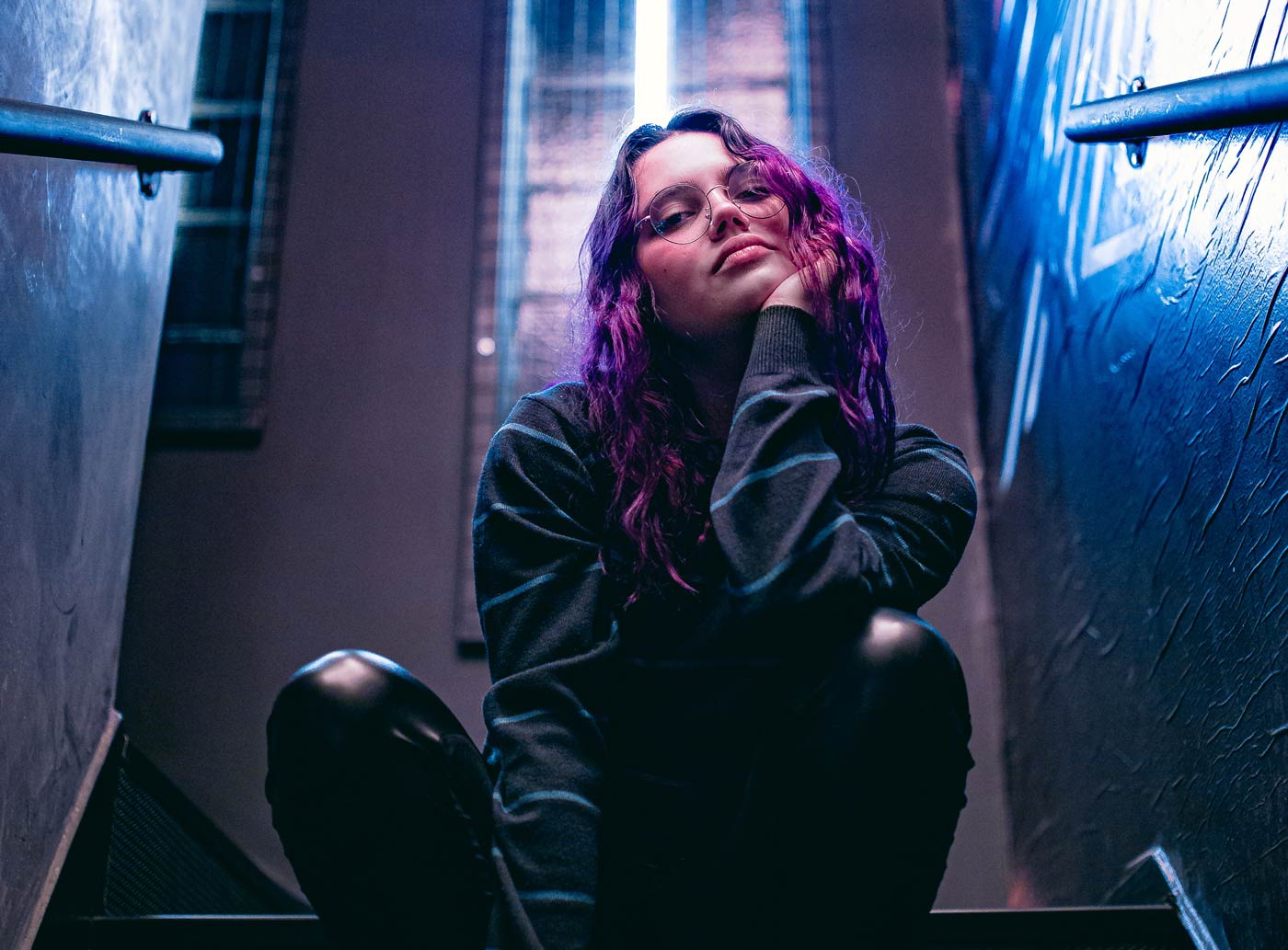


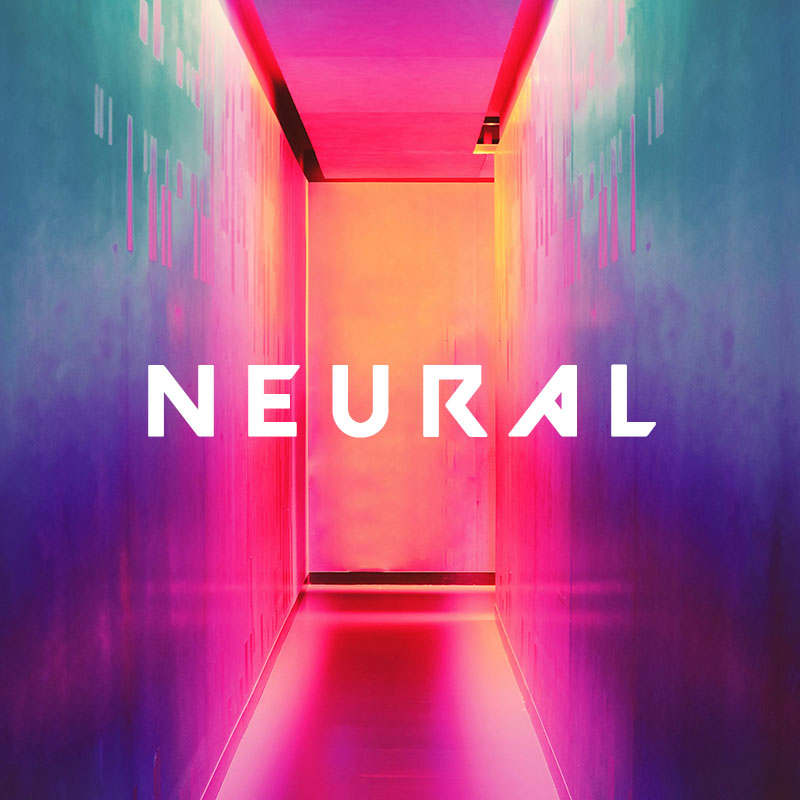
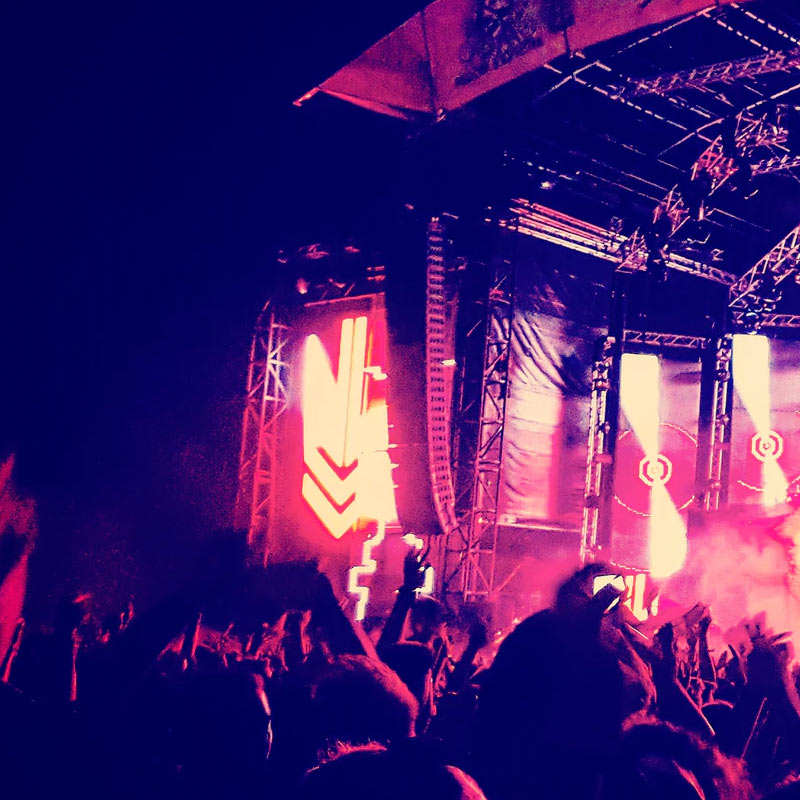

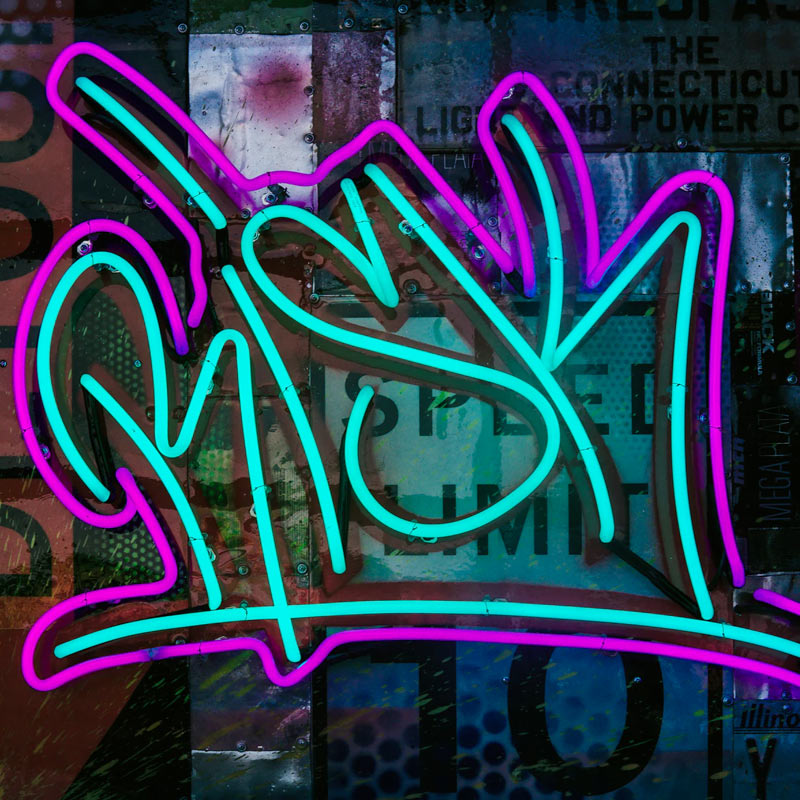
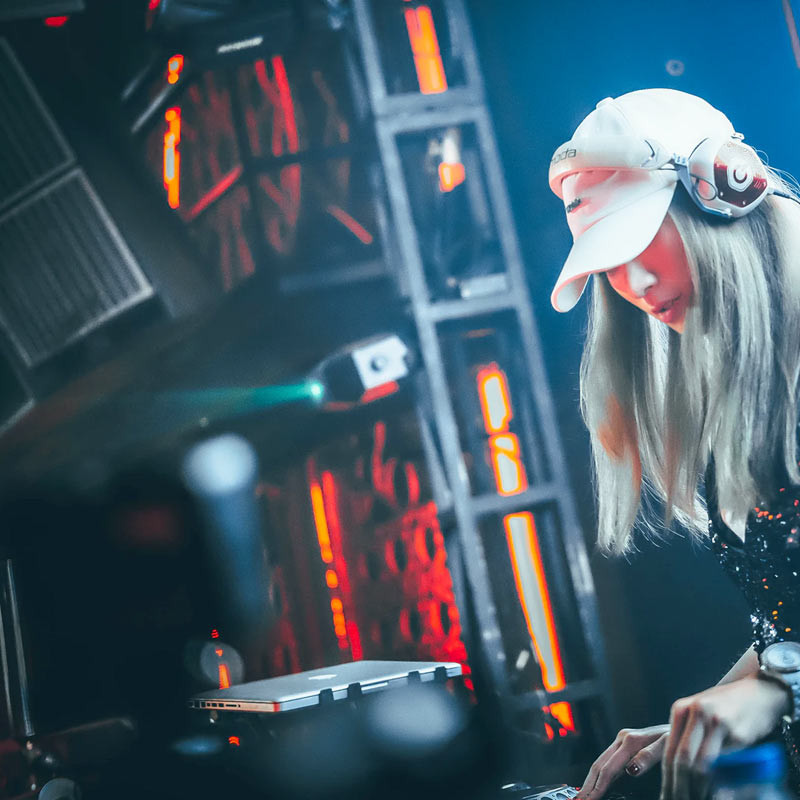

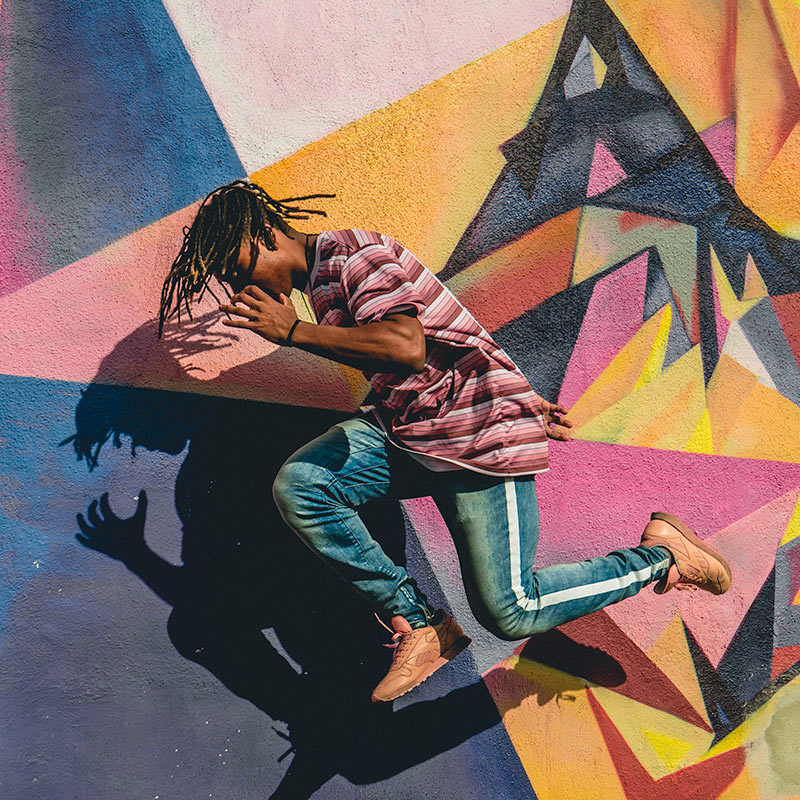
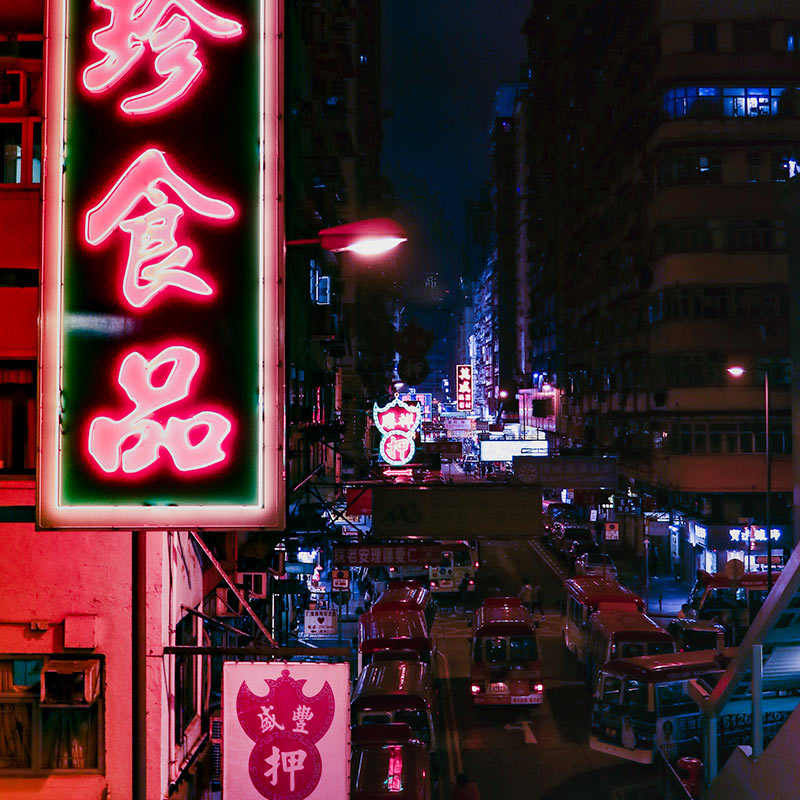
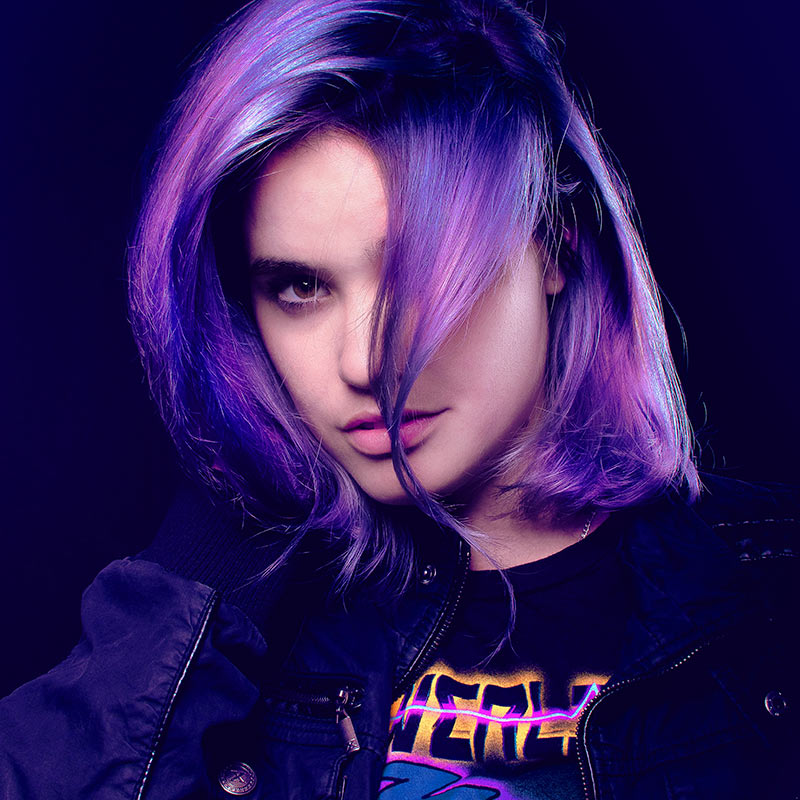

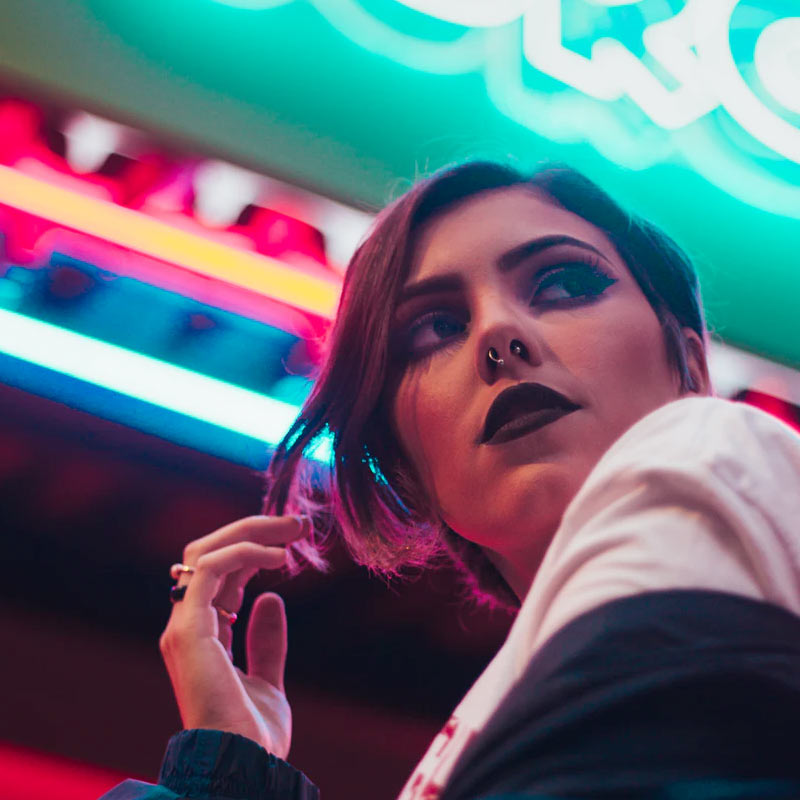
Comments
This post currently has no comments.